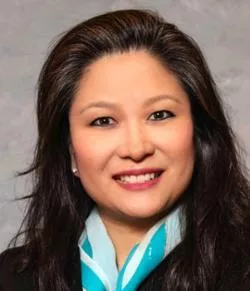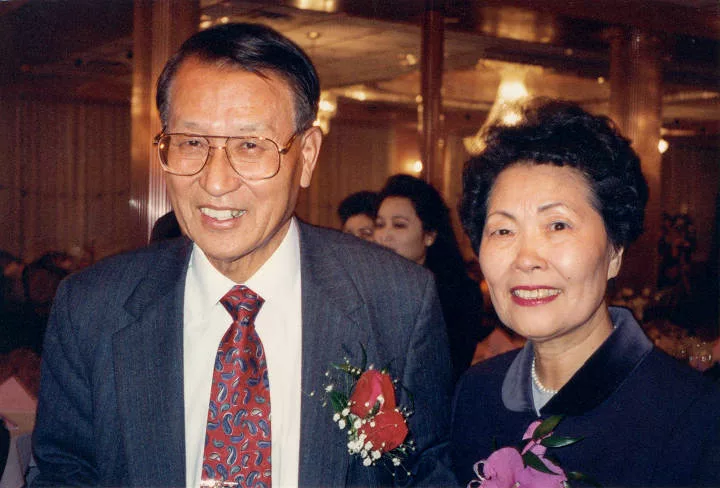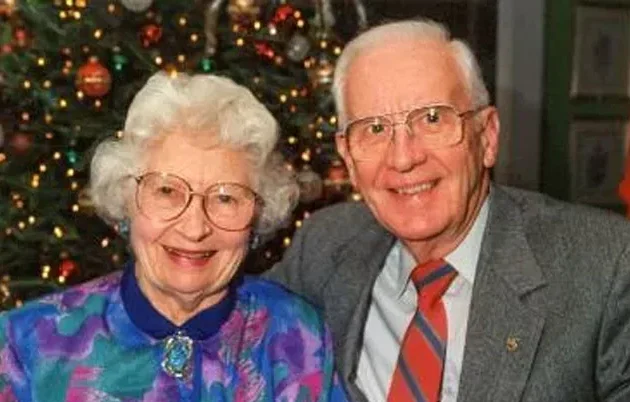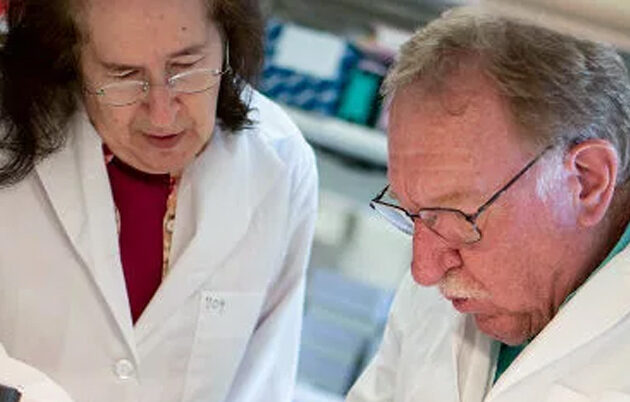“He went above and beyond for everyone,” Lee remembers of Knechtle, who was a key part of the team that performed UW Hospital’s first live liver transplant. “He treated all of his patients as VIPs.”
And 10 years after Lee graduated from medical school, her family experienced Knechtle’s extraordinary care firsthand— first when Lee approached him to perform a transplant for her mother and, later, having gained the family’s immense trust, to perform general surgery for her father. To this day, Lee is filled with gratitude when she remembers the ways he helped her parents navigate their medical issues toward the end of their lives.
“Finding someone you trust to take care of your own mother or father, like we trusted Dr. Knechtle, is something I don’t take for granted. I remember this each time parents entrust their child’s care to me. He is superior on so many different levels, as a person and as a surgeon. He personifies everything that my mom and dad believed in.”
In fact, that gratitude for her own good fortune is at the heart of Lee’s recent philanthropic gesture.
“To be able to create a scholarship and honor these three people and what they stood for, both collectively and individually, is really something special,” she notes.
Of that choice, she adds, “My classmates and I hopefully contribute to our communities every day by helping people survive longer and live better. At a certain stage in my life, however, I wanted to create a professional and personal legacy beyond the sum of all the anesthesia cases I have provided.”
Lee continues, “I really want to pay it forward by leaving something that lives on — not just dollars, but something to perpetuate the sentiment behind it.”
That sentiment is two-fold for Lee, who says, “I hope this helps students realize there are people — unknown to them — who want to help them reach their goals; and I hope students will in turn be moved to help others in ways they are best equipped.”
She concludes, “These are important qualities that have been passed on to me from my parents and role models like Dr. Knechtle. It’s really a cycle that is an honor and privilege to perpetuate.”




